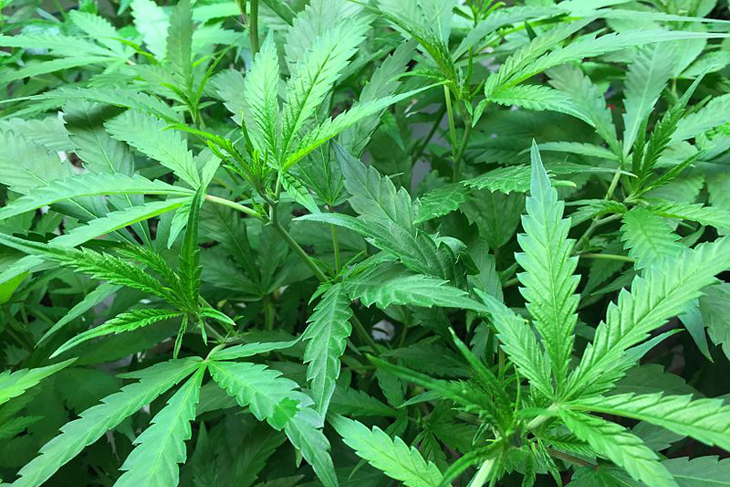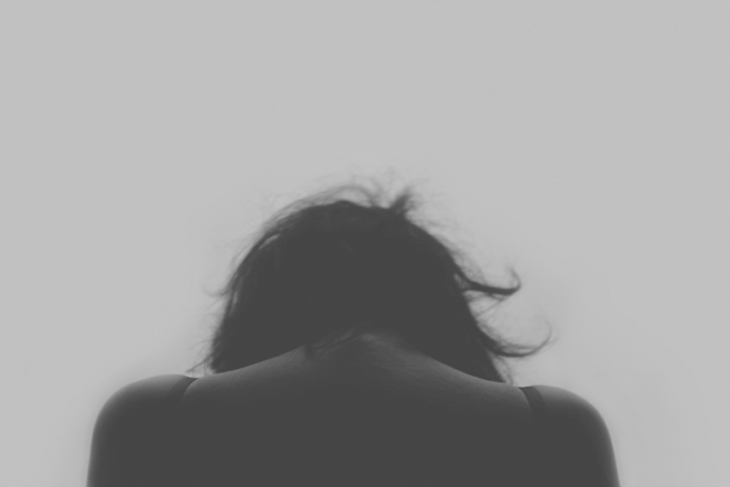Depression is the leading cause of disability worldwide, affecting a staggering 350 million people. In stark contrast to its prevalence, depression often goes entirely untreated, leaving those suffering from this debilitating disease without the help they so desperately need.
For at least the past 400 years, marijuana has been used to treat the symptoms of depression. There is evidence to suggest that long before the advent of medical marijuana cards, the wonder plant was used in India in order to combat the ailment, and since then, this treatment has evolved little due to its simple but effective nature.
MMJ: A Matter of Opinion
Although we’d love to tell you an emphatic ‘yes!’ when you ask if it’s safe to consume MMJ if you have depression, we simply cannot do this. As with all medical treatments, the effectiveness of using MMJ to treat depression depends on the person being treated. While some MMJ card holders would swear that the plant alleviates all their depressive symptoms, others may find that it can worsen their condition.
Lester Grinspoon, psychiatry professor at the Harvard School of Medicine, has gone on the record to say “I think cannabis has a lot of potential in the treatment of mental illness”. However, he too recognizes that like other treatment plans, “it will not work for everyone”.
The Science Behind Medical Marijuana

Endocannabinoids are chemical compounds in our brain that play an integral role in cognition, emotional response, behavior regulation and motor function.
Dubbed ‘Green Prozac’ by some medical marijuana card holders, it’s no doubt that MMJ has the potential to be a miracle treatment for depression. While the evaluation of cannabis as a form of natural antidepressant is still in its infant stages, initial research suggests that by and large, medical marijuana does have a positive impact on the moods of those suffering with the ailment.
This is thought to be because of the naturally occurring endocannabinoids that exist within our brains. These chemical compounds play an integral role in cognition, emotional response, behavior regulation and motor function, and their chemical makeup is strikingly similar to that of marijuana.
When we’re put under undue stress, the production of these all important endocannabinoids hit an all-time low, meaning that our psychological state is compromised. When medical marijuana card holders ingest the plant, these endocannabinoids are restored by the cannabinoids in the plant, thus reinstating their emotional equilibrium.
Using MMJ as an Alternative to Medication
Medical marijuana is often viewed as a more natural alternative to using antidepressants, which can come loaded with nefarious side effects. Unfortunately, due to the fact that a lot of doctors are wrapped around Big Pharma’s fingers, they can be eager to prescribe these unpleasant drugs – often in high doses – to patients in order to line their own pockets.
If your antidepressants have you suffering from these unwelcome side effects, you could benefit from treating your ailment with medical marijuana instead. Some people like to come off medication entirely in favor of MMJ, but it’s only recommended to do so on advice from a licensed physician.
If you’re new to the plant, it’s wise to use MMJ as a supplement to your prescribed antidepressants until you think you’re in a good enough headspace to come off them entirely.
As medical marijuana is often used as a pain suppressant, this has the secondary impact of depression reduction in MMJ card holders who suffer from chronic pain. Not only does medical marijuana reduce chronic pain in those suffering from it, it also treats its side effects like insomnia and lack of appetite.
The enhanced independence and mobility that comes with reducing chronic pain mean that these cannabis card holders see their mood significantly improve as their horizons widen again.
Medical Marijuana is Not for Everyone

If after using MMJ, you feel like your symptoms are worse, then you should let your prescribing physician know as soon as possible.
Similar to other drugs, marijuana will not work to reduce depression in everyone. In fact, in some rare cases, it has been observed to significantly worsen the mood of some MMJ card holders suffering with the debilitating disease. This is thought to be because ingesting cannabis can raise THC levels in the body, which in turn can affect our serotonin production.
Serotonin is the chemical in the body that regulates our happiness, so it’s imperative that we produce as much of it as we can. If this production becomes stifled by consuming MMJ, some medical marijuana card holders may see their good mood deplete.
In more extreme cases, cannabis use has been seen to trigger schizophrenia and psychosis in susceptible patients, although research suggesting this isn’t entirely robust.
Medical marijuana card holders who have been newly prescribed MMJ to treat their depression are advised to monitor their moods closely. If you feel like your symptoms may be significantly worsening, with no sign of reprieve, then you should return to the physician who prescribed it to you and voice your concerns. They will alter your treatment plan – perhaps to a different MMJ strain – and will ask you to continue to monitor your progress.
If you still feel unsure of your condition after another period of time, it’s advisable that you stop your course of medical marijuana.
Successful Strains of MMJ
Different strains of medical marijuana vary in how successful they are at treating certain ailments. Strains that are particularly effective at treating depression include AK-47, Chiesel, Blue Dream and Amnesia Haze.
Depression is an incredibly complex condition, which means there is no clear-cut answer on this one. Using medical marijuana to treat depression can be extremely effective for some people, but it can lead to a worsening of symptoms for others.
As with any medical treatment plan, it’s imperative that you talk through your options in detail with your physician before deciding on any course of action.
